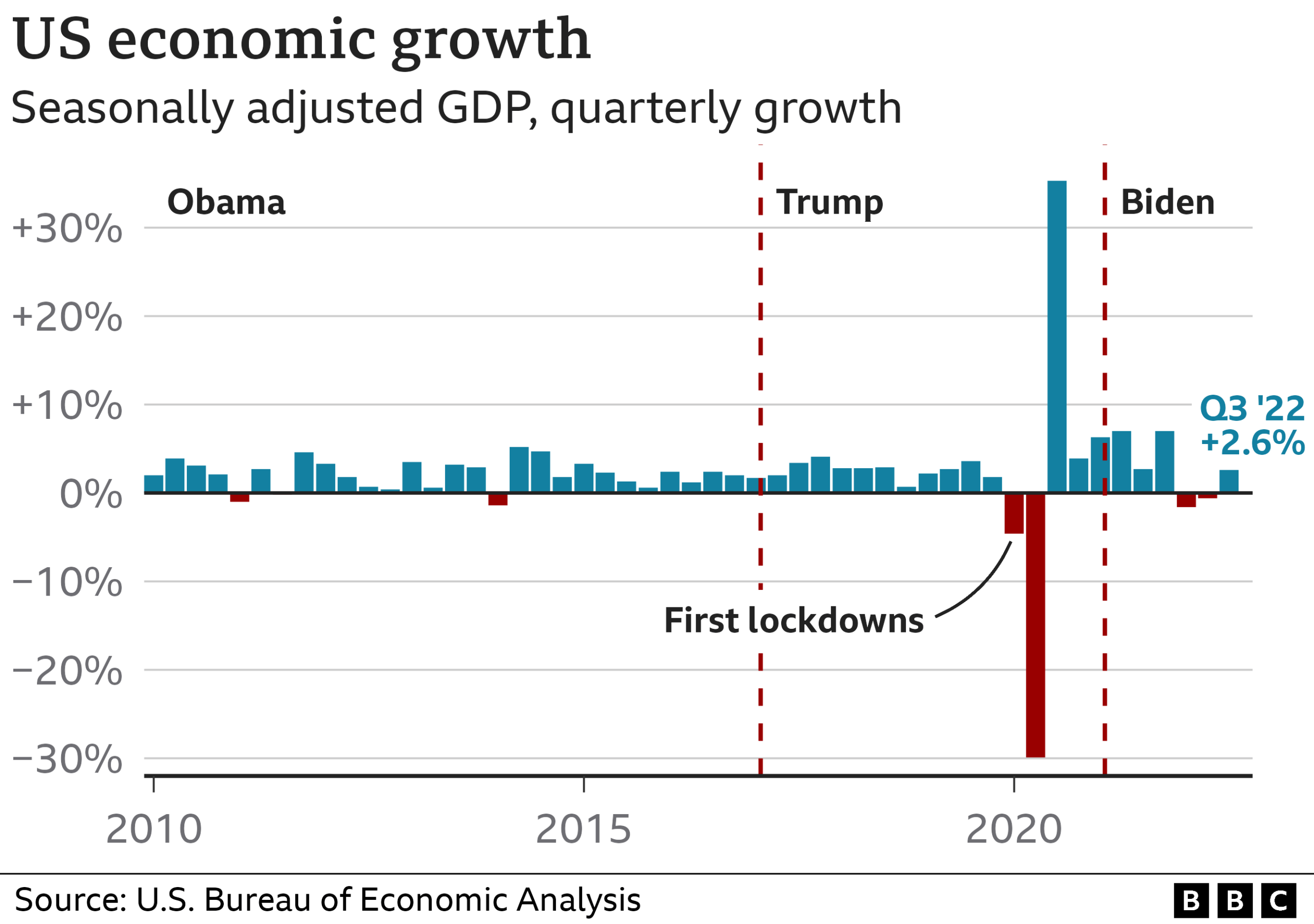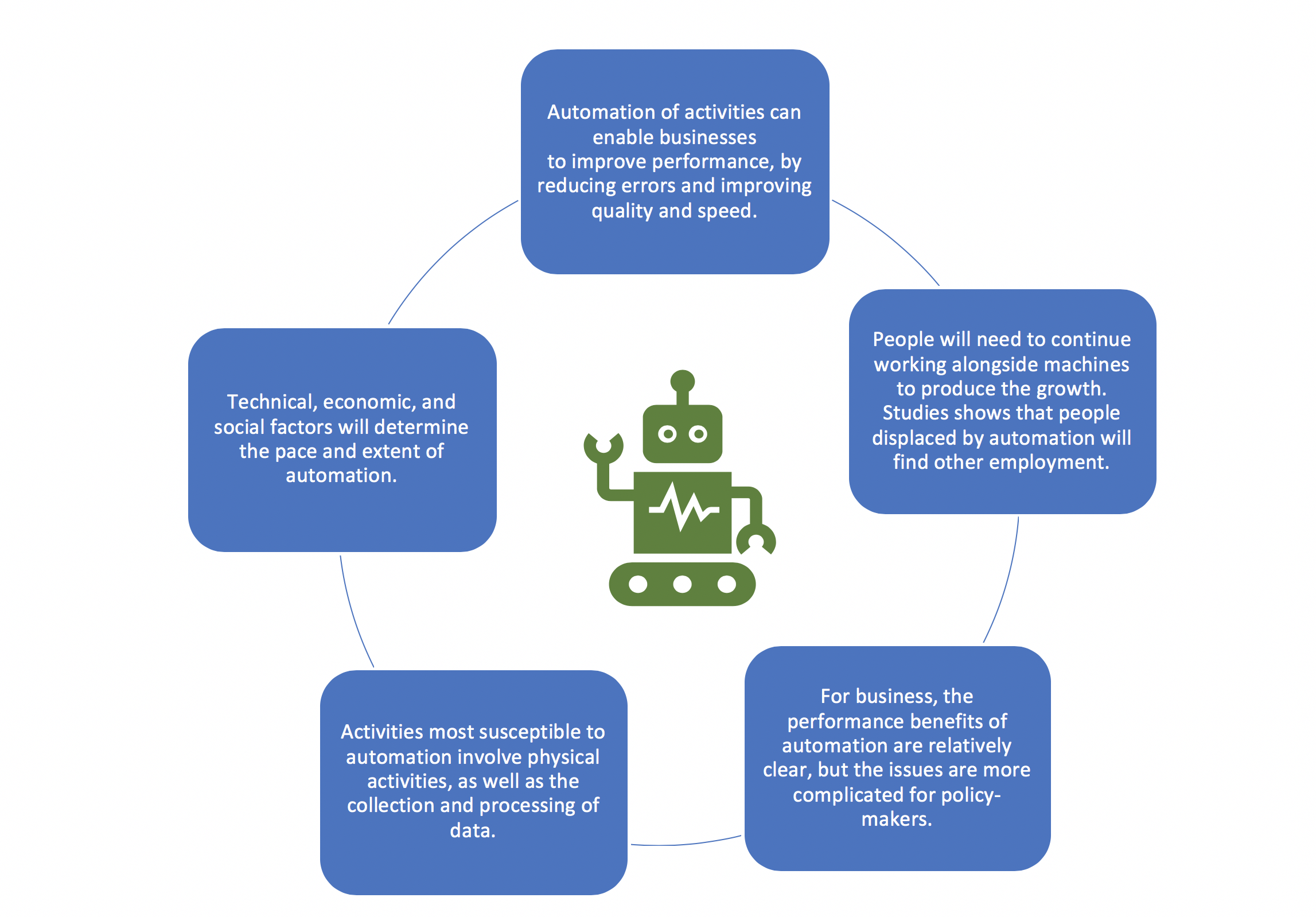
Entrepreneurialism is a powerful force shaping the modern work landscape, transforming not only how we think about jobs, but also how we relate to our careers. At its core, entrepreneurialism involves harnessing an entrepreneurial mindset to create opportunities and make your own job in an ever-changing economy. This concept has deep roots in the history of entrepreneurialism, which reveals a growing appreciation for innovation and self-direction among individuals seeking fulfillment in their professional lives. Alongside its numerous benefits, such as increased flexibility and the ability to pursue one’s passions, this shift in perspective encourages a proactive approach to work, where individuals actively seek out their unique paths. By understanding what is entrepreneurialism, we can better appreciate the challenges and rewards that come with embracing this dynamic approach to our careers.
The spirit of entrepreneurship resonates across various fields, where innovative thinking and self-starting initiatives redefine traditional employment. This phenomenon, often referred to as the entrepreneurial spirit, emphasizes the ability to adapt and create one’s own career path, reflecting the current societal shift towards individualized work styles. Many are now embodying the essence of self-employment and freelance opportunities, where the boundaries between making a living and pursuing one’s dreams begin to blur. This evolving narrative not only highlights the importance of an entrepreneurial mindset but also illustrates how individuals are rewriting the rules of work, leading to the emergence of new roles and career possibilities. In this light, we can explore how these entrepreneurial endeavors serve as catalysts for personal growth and economic resilience.
Understanding the Entrepreneurial Mindset
The entrepreneurial mindset is a unique way of thinking that embraces innovation, risk-taking, and resilience. This mindset empowers individuals to identify opportunities and convert them into viable ventures. Entrepreneurs often exhibit traits such as creativity, adaptability, and a strong sense of purpose. They view challenges as potential growth opportunities, allowing them to navigate obstacles with a solution-oriented approach. By cultivating an entrepreneurial mindset, individuals can enhance their ability to make decisions and drive impactful change, whether within established organizations or through their own startups.
In the context of a rapidly changing economy, fostering an entrepreneurial mindset can be a game changer. It encourages individuals to explore diverse career paths, innovate within their roles, and challenge the status quo. Moreover, this mindset is vital for the gig economy, where professionals must think like entrepreneurs to thrive. From freelancers to side hustlers, embracing the principles of entrepreneurialism helps workers transform uncertainty into opportunity, ultimately leading to personal and professional fulfillment.
The Evolution and Benefits of Entrepreneurialism
Entrepreneurialism has evolved significantly, from its roots in 19th-century industrial America to a contemporary way of work that defines much of today’s economy. Initially, the notion of entrepreneurialism arose as a response to technological advancements and shifting labor demands. Individuals began to embrace the idea of ‘making their own job’ as traditional employment structures became less reliable. The benefits of this shift are profound: it fosters independence, promotes creative expression, and facilitates innovation across industries. As Erik Baker illustrates in ‘Make Your Own Job’, the movement encourages people to leverage their unique skills and passions in the pursuit of personal and professional success.
Today, the benefits of entrepreneurialism extend beyond the creation of jobs to include greater economic resilience and adaptability. In uncertain times, individuals who adopt an entrepreneurial approach are more likely to explore new markets and embrace change. Moreover, companies that encourage an entrepreneurial spirit among their employees often see increased engagement, productivity, and satisfaction. By nurturing intrapreneurship, organizations can harness employee creativity and innovation, driving sustainable growth while enhancing workforce dynamics.
Historical Perspectives on Entrepreneurialism
The history of entrepreneurialism is rich and complex, demonstrating how societal and economic shifts impact individuals’ relationships with work. As Baker notes, the late 19th century marked a pivotal moment when traditional factory jobs began to decline, prompting many to seek alternative paths. This shift led to a widespread embrace of entrepreneurialism as a means of carving out personal fulfillment and economic independence. Various figures, from early motivational authors to modern business leaders, have contributed to this narrative by promoting the belief that hard work alone is insufficient without strategic thinking and purposeful action.
Furthermore, throughout the 20th century, pivotal events such as the Great Depression prompted a surge in entrepreneurial pursuits. Individuals turned to freelancing and self-employment as a way to survive economically and reclaim agency over their work lives. Baker’s exploration of self-help literature underscores how figures like Napoleon Hill inspired many to adopt an entrepreneurial outlook, encouraging them to view work as a calling rather than a mere job. This historical context also sheds light on contemporary issues such as technological advances and their implications for job security, positioning entrepreneurship as a vital response to ongoing economic changes.
Making Your Own Job: A Modern Approach
The concept of ‘making your own job’ is increasingly relevant in the current economic landscape, where traditional career paths are less defined and job security is tenuous. Erik Baker’s insights capture this shift, illustrating how individuals are encouraged to forge their own paths through entrepreneurial ventures and innovative projects. In the modern gig economy, many are leveraging technology and personal skills to create unique job opportunities that align with their passions and lifestyles. This self-determined approach not only fosters independence but also allows individuals to fulfill unmet market needs.
In addition to personal fulfillment, the modern interpretation of ‘make your own job’ reflects a broader societal change toward valuing flexibility and creativity in work. As corporate structures evolve and remote work gains popularity, more individuals are empowered to take charge of their professional trajectories. This movement toward self-employment and entrepreneurship challenges the traditional 9-to-5 mindset, promoting a culture where personal initiative and innovation are paramount. By embracing this philosophy, individuals can navigate employment complexities and thrive in a landscape that rewards ingenuity.
The Challenges of Entrepreneurialism
While entrepreneurialism offers numerous opportunities, it also presents significant challenges. The pressure to succeed frequently leads individuals to experience anxiety and uncertainty, particularly in a competitive environment. As highlighted in Baker’s narrative, the need to constantly innovate and adapt can be overwhelming. Many aspiring entrepreneurs find themselves grappling with self-doubt and fear of failure, leading to a perpetual state of stress. This is particularly poignant in today’s labor market, where job displacement and reliance on freelance work create a complex web of expectations and outcomes.
Additionally, the romanticized notion of entrepreneurship can obscure the real difficulties that entrepreneurs face. From securing funding to navigating legal and operational hurdles, the path of self-employment is fraught with obstacles. Many individuals may feel isolated in their struggles, facing an uphill battle against not only external competition but also internal insecurities. To counteract these challenges, it’s essential for aspiring entrepreneurs to cultivate resilience, seek support networks, and develop a realistic understanding of the entrepreneurial journey, acknowledging both its rewards and its trials.
Entrepreneurialism in the Age of Technology
The rise of technology has greatly influenced the landscape of entrepreneurialism, offering fresh avenues for innovation and business development. Digital platforms have democratized access to markets, enabling individuals to start their enterprises with minimal resources. The opportunities provided by social media, e-commerce, and online collaboration tools allow aspiring entrepreneurs to reach global audiences and scale their ventures more effectively than ever. Baker’s exploration of this trend underscores the importance of technological literacy for modern entrepreneurs, emphasizing that success in business is increasingly tied to one’s ability to leverage digital tools.
However, the relationship between technology and entrepreneurialism is not without its complications. As automation and artificial intelligence reshape industries, professionals must navigate a double-edged sword of opportunity and threat. While technology can enhance productivity and open new doors, it also contributes to job displacement and increased competition among entrepreneurs. The challenge lies in adapting to these changes and acquiring the skills necessary to thrive in an evolving economic environment. Entrepreneurialism in the age of technology requires a continual commitment to learning, experimentation, and adaptation.
The Role of Entrepreneurial Education
Entrepreneurial education plays a crucial role in equipping individuals with the knowledge and skills necessary for success in the entrepreneurial landscape. Institutions around the world are increasingly recognizing the value of teaching students not just the theory of business management, but also practical skills in innovation, risk assessment, and strategic planning. From university programs to online courses, the proliferation of entrepreneurial education is fostering a generation of leaders ready to tackle contemporary economic challenges with confidence and competence.
Moreover, entrepreneurial education goes beyond simply imparting knowledge; it cultivates an entrepreneurial mindset that encourages creativity, critical thinking, and resilience. By learning how to navigate failure and adjust to changing circumstances, students develop a robust mental framework that supports their endeavors throughout their careers. This holistic approach to entrepreneurial education ensures that individuals are not only able to launch their businesses but also sustain them in the face of inevitable challenges. Ultimately, a well-rounded education in entrepreneurship contributes significantly to personal development and long-term business success.
The Societal Impact of Entrepreneurialism
Entrepreneurialism has far-reaching societal implications, reshaping communities and economies alike. As individuals pursue self-generated job opportunities, they contribute to local economies by fostering innovation, creating jobs, and stimulating growth. In many ways, entrepreneurs serve as catalysts for change, driving forward new ideas and technologies that can enhance everyday life. Erik Baker’s observations highlight how this shift towards entrepreneurialism can lead to a more dynamic and resilient economic landscape, where communities adapt and thrive by prioritizing local innovation and self-reliance.
Furthermore, the societal impact of entrepreneurialism extends to empowering marginalized groups, offering pathways for those who may have historically faced barriers in traditional employment settings. Women, minorities, and individuals from various backgrounds are increasingly turning to entrepreneurship as a means to achieve financial independence and self-expression. This inclusivity broadens the scope of entrepreneurialism beyond economic growth, emphasizing its potential for social change and individual empowerment. By encouraging diverse voices in the entrepreneurial space, society moves closer to a more equitable and innovative future.
Embracing Risks: The Face of Modern Entrepreneurialism
In the realm of modern entrepreneurialism, embracing risk has become a necessary trait for success. As Baker articulates, the notion of risk isn’t just about financial investment but also encompasses emotional and psychological stakes. Today’s entrepreneurs must cultivate a willingness to confront uncertainty and navigate the unknown, often launching ventures with no guarantee of success. This acceptance of risk aligns closely with the entrepreneurial mindset, which encourages individuals to see failures as learning opportunities rather than irreversible setbacks.
Moreover, the culture surrounding risk-taking in entrepreneurial circles can often glorify the hustle and grind mentality. While this can inspire ambition and drive, it also raises questions about sustainability and work-life balance. As individuals chase their entrepreneurial dreams, the pressure to continually innovate and outperform can lead to burnout and mental health struggles. To counteract these effects, it’s important for aspiring entrepreneurs to adopt a balanced approach, recognizing that taking calculated risks includes knowing when to pause and reflect. By fostering a healthy relationship with risk, individuals can maintain their passion for entrepreneurship while ensuring their overall well-being.
Frequently Asked Questions
What is entrepreneurialism and how does it impact the modern workforce?
Entrepreneurialism refers to the mindset and practice of creating and managing new businesses or ventures. It significantly affects the modern workforce by fostering innovation, adaptability, and self-sufficiency among individuals. As traditional job security diminishes, more people embrace entrepreneurialism as a way to create fulfilling roles for themselves, often leading to a more dynamic and diverse economy.
How can adopting an entrepreneurial mindset benefit my career?
Adopting an entrepreneurial mindset can provide numerous benefits to your career, including increased resilience, creativity, and problem-solving skills. Individuals with this mindset are more likely to take initiative, embrace risks, and seek opportunities for growth, which can lead to greater job satisfaction and career advancement in an increasingly competitive job market.
What are the historical roots of entrepreneurialism in America?
The history of entrepreneurialism in America traces back to the end of the 19th century when technological advancements and industrialization began to reshape the workforce. The decline in demand for factory labor pushed people towards embracing entrepreneurialism as a viable means of creating their own jobs and navigating economic uncertainties, forging a new work ethic that prioritized innovation and personal ambition.
What are the benefits of entrepreneurialism for individuals seeking job satisfaction?
The benefits of entrepreneurialism for individuals seeking job satisfaction include the ability to pursue passions, customize work environments, and engage in creative problem-solving. This approach allows people to align their work with personal values and goals, fostering a sense of ownership and fulfillment in their careers.
How can I make my own job through entrepreneurialism?
To make your own job through entrepreneurialism, start by identifying your unique skills, interests, and market needs. Consider developing a business idea that solves a problem or fulfills a demand. Utilize resources such as networking, online platforms, and local support systems to launch and grow your venture. Embracing entrepreneurialism allows you to create opportunities tailored to your strengths and aspirations.
| Key Points | Details |
|---|---|
| Rise of Entrepreneurialism | Entrepreneurialism has fundamentally transformed the nature of work and self-identity in America, emphasizing personal initiative. |
| Historical Context | Emerging after the first Industrial Revolution, the shift from traditional employment to entrepreneurial roles arose due to technological advancements that reduced the need for factory workers. |
| Cultural Shift | Encouraged by motivational literature, people were taught to ‘make their own job,’ reflecting a shift from a work ethic based solely on hard labor to one highlighting personal skills and ambition. |
| Economic Impact | In economic downturns, entrepreneurial roles became more appealing as freelance work offered a way to survive financially and foster independence. |
| Entrepreneurial Management | Management philosophies evolved to prioritize inspiration and team dynamics rather than merely hierarchical oversight. |
| Ongoing Relevance | With the rise of gig economy jobs, the concept of entrepreneurialism continues to thrive, pushing individuals to define their work uniquely. |
Summary
Entrepreneurialism is reshaping how individuals view their work and identity in the modern economy. In the wake of technological advancements and economic challenges, more people are embracing entrepreneurial pursuits, shifting from traditional job roles to self-directed ventures. This evolution reflects not only changes in job availability but also a cultural transformation that champions personal initiative, creativity, and continuous ambition. As the quest for meaningful work gains momentum, the narrative around entrepreneurialism will likely continue to redefine what it means to be part of the workforce in America.





